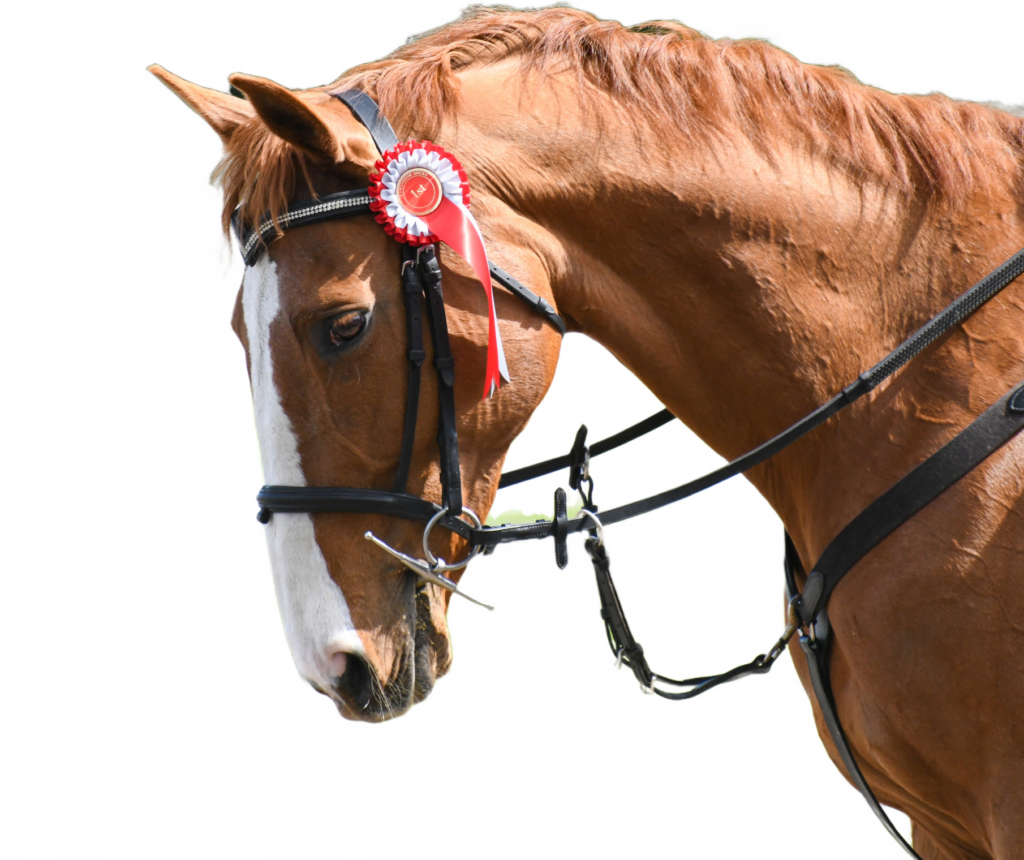When it comes to working with horses and managing an equestrian business, the team at Ravenhall Rural understand the importance of keeping yourself, your stables and assets safe. Winter can throw in some additional challenges for business owners, so we’ve come up with our Top 5 Winter tips.
 1) Adjust their feeding programme
1) Adjust their feeding programme
Frost or snow on the ground can stop healthy grass from growing and the nutritional quality may decrease. Consider hay concentrates and nutritional supplements to encourage a healthy diet. Don’t forget to incorporate a good amount of water into the horse’s diet and be aware that studies have shown that horses are more likely to drink if the water isn’t extremely cold.
 2) Keep them warm
2) Keep them warm
A wet coat loses its loft and won’t hold body heat. So consider a rug for your horse during colder days. Some horses are comfortable during very cold weather; some will be more comfortable being rugged up during the cooler months. If your horse or pony wears a rug, remove it daily and check for chaffing and irritation. Daily grooming keeps coats cleaner and your horse more comfortable. If the rug is rubbing or chaffing, try a different fit or size rug or consider using a bib.
 3) Prevent bots and worms
3) Prevent bots and worms
Depending on how and where your horses are kept throughout winter, you may need to consider bots and worms. Plan to deworm after the first heavy frost as Botflies attack in late summer. In early winter, use a wormer that includes medication to kill bot larvae. You should also continue a regular deworming program throughout the winter months.
 4) Maintain good healthcare
4) Maintain good healthcare
Make sure your horse’s or pony’s teeth are looked after by an equine dentist. The inability to grind food properly will prevent a horse from getting all of the nutrients and energy it needs–especially if energy needs increase during colder weather. Keep your horse’s hooves trimmed. Properly trimmed hooves will chip less, hold less snow, and will provide a bit more grip on the slippery ground. Hard ground and ice can cause serious cracking to overgrown hooves and your horse’s grip on slippery surfaces won’t be good if the hooves are too long.
 5) Exercise your horse regularly
5) Exercise your horse regularly
There are all year round benefits to exercising your horse, not just through winter. However, drying a horse out after a workout can be difficult. Consider clipping a heavy thick A clipped horse, without natural insulation, will require stabling and rugging to keep warm. Don’t put a horse out in the cold wet with sweat. Allow extra time for a horse to dry out before turning out after a ride.
If you need any support with your business, safety of riding school, the Rural team are well equipped to offer advice and guidance around security and protection. Get in touch if you would like to know more.


